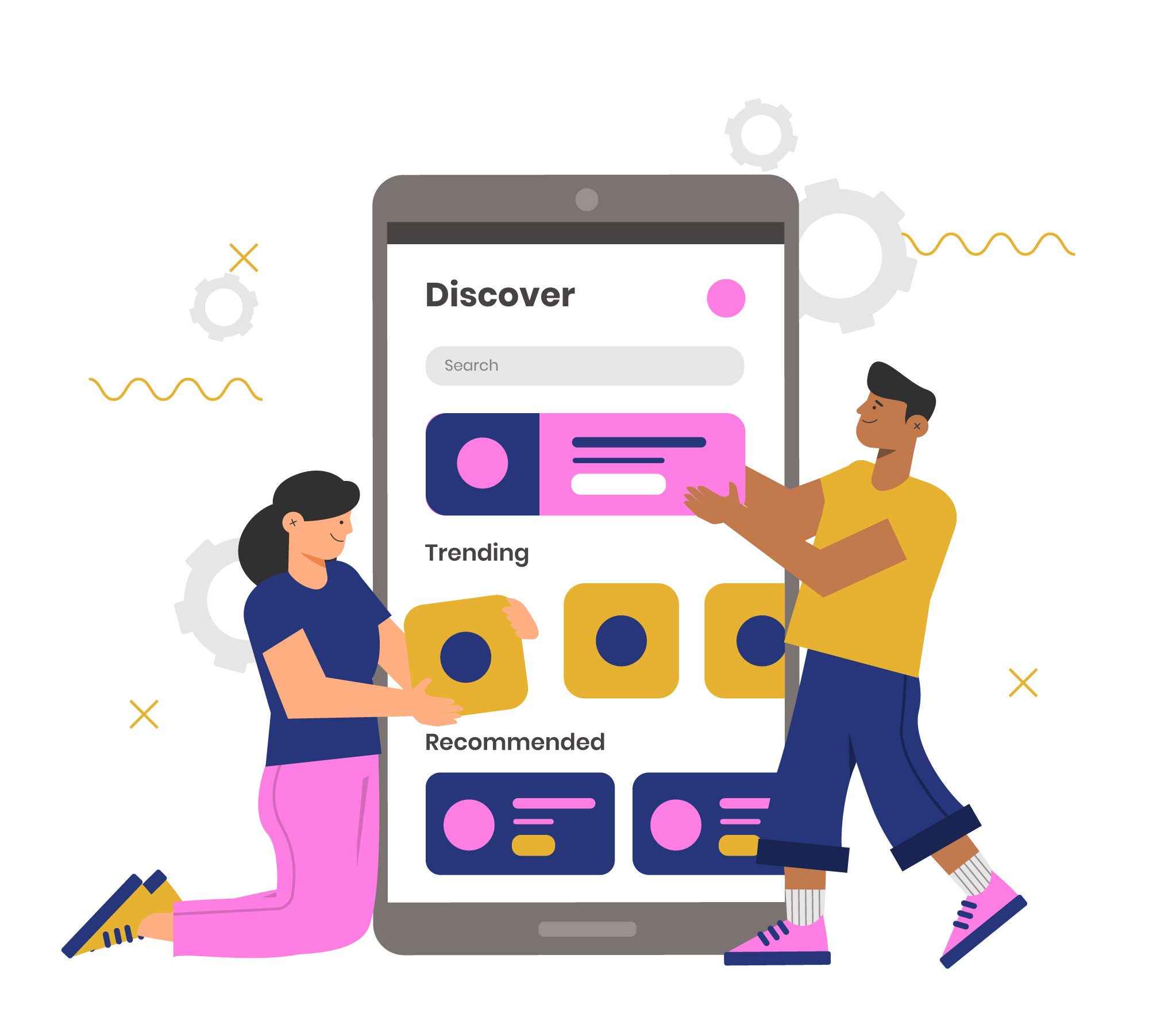Mobile app personalization is transforming the way users interact with digital platforms, enhancing user experience and significantly boosting engagement. By tailoring content and features to individual preferences, companies can increase customer satisfaction and retention rates. This guide explores how mobile app personalization can help your app stand out in a competitive market.
1. Why Mobile App Personalization Matters
Personalization in apps has become a key factor in retaining users and encouraging regular engagement. Users expect content that meets their specific needs, and app personalization allows companies to deliver on this expectation. Through personalized experiences, companies can create a stronger emotional connection with users, leading to increased loyalty and engagement.
2. Implementing AI-Driven Personalization
Mobile app personalization powered by artificial intelligence (AI) takes customization to a new level. By analyzing user behaviors and preferences, AI can deliver tailored content, recommendations, and notifications. Machine learning algorithms help apps continuously adapt to user needs, making them more relevant over time. This approach has proven highly effective for boosting user interaction and satisfaction.
3. Enhancing Engagement with Push Notifications
Strategic use of push notifications can be a powerful tool in app personalization. By sending timely and relevant updates based on user interests, companies can encourage users to return to the app frequently. However, it’s essential to ensure that these notifications are valuable and personalized rather than intrusive, as poorly timed messages may lead to user churn.
4. Creating Customized Onboarding Experiences
The onboarding process is an ideal opportunity to introduce mobile app personalization. By asking users about their preferences and interests during sign-up, companies can tailor the initial user experience to make it more engaging from the start. Personalized onboarding can help users quickly find what they need, increasing the likelihood of long-term engagement with the app.
Conclusion
Mobile app personalization is no longer just a competitive advantage—it’s essential for building user loyalty and boosting engagement. By implementing strategies like AI-driven personalization, targeted push notifications, and tailored onboarding, app developers can create experiences that resonate with users. For more tips on optimizing your app, visit Bedots.
Read more: COVID-19’s Impact on Mobile App Trends



